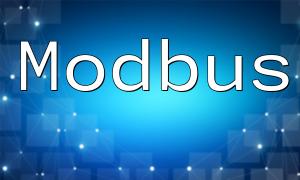Before getting started, ensure that your PHP installation includes the JSON extension. PHP version 5.2.0 and above has the JSON extension enabled by default, so no extra installation is required. You can check whether the JSON extension is installed by running the following command:
php -m | grep jsonIf the output includes "json," it means the extension is already installed. If not, you can install it using the following command:
sudo apt-get install php-json1. JSON Encoding
You can use PHP's json_encode() function to convert a PHP array or object into a JSON string.
Example code:
$data = array(
'name' => 'John',
'age' => 25,
'email' => 'john@example.com'
);
$jsonString = json_encode($data);
echo $jsonString;Output:
{"name":"John","age":25,"email":"john@example.com"}2. JSON Decoding
You can use PHP's json_decode() function to convert a JSON string back into a PHP array or object.
Example code:
$jsonString = '{"name":"John","age":25,"email":"john@example.com"}';
$data = json_decode($jsonString, true);
print_r($data);Output:
Array
(
[name] => John
[age] => 25
[email] => john@example.com
)In some cases, JSON data may contain nested arrays and objects. With PHP's json_encode() and json_decode() functions, we can easily handle such complex JSON data.
Example code:
$jsonString = '{
"name": "John",
"age": 25,
"email": "john@example.com",
"friends": [
{"name": "Alice", "age": 28},
{"name": "Bob", "age": 30}
]
}';
$data = json_decode($jsonString, true);
echo $data['name']; // Output: John
echo $data['friends'][0]['name']; // Output: AliceIn addition to working with JSON strings, PHP can also handle JSON files. You can use the file_get_contents() function to read the content of a JSON file, and then use json_decode() to parse the JSON string.
Example code:
$jsonString = file_get_contents('data.json');
$data = json_decode($jsonString, true);
print_r($data);In this example, we assume there is a file called "data.json" in the current directory, which contains a JSON-formatted string.
In addition to json_encode() and json_decode(), the PHP JSON extension provides other useful functions:
With the PHP JSON extension, you can easily handle and parse JSON data. This article has covered how to install the JSON extension, and how to use the json_encode() and json_decode() functions for encoding and decoding JSON data. We have also explored how to work with complex JSON data and how to read JSON files. Mastering these techniques will allow you to interact more effectively with external data sources and enhance the functionality of your PHP applications.
Related Tags:
JSON



